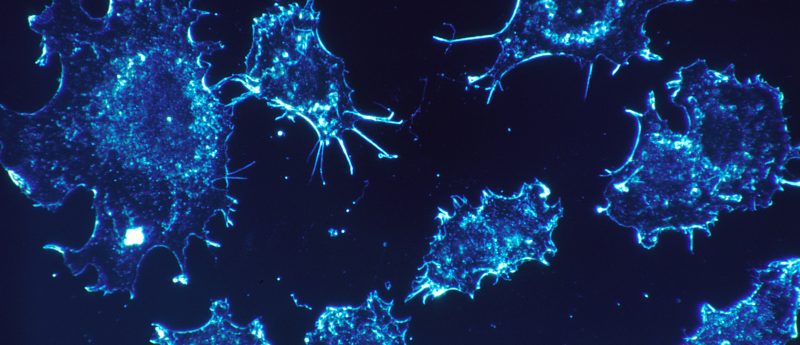Next-generation sequencing assay may bring us a step closer to targeted personalized cancer therapy

A recent study published in The Journal of Molecular Diagnosis has outlined the validation of the next-generation sequencing assay used within the National Cancer Institute’s-Molecular Analysis for Therapy Choice (NCI-MATCH) clinical trial. The report confirmed the suitability of this newly developed assay to sequence genetic mutations in a variety of different tumors.
Precision medicine is a rapidly growing area within the field of oncology, since sequencing for specific mutations allows for a more targeted approach in treatment, which in turn could lead to a more effective treatment. Within the NCI-MATCH trial, patient tumor biopsy specimens are sequenced using this technique and treatment is matched based on the mutations identified.
The overall aim of the NCI-MATCH trial is to sequence genetic mutations from tumor biopsy specimens from approximately 6000 patients. The newly developed next-generation sequence assay is able to sequence over 4000 genetic mutations across 143 genes, detecting single-nucleotide variants, any insertions or deletions, copy number variations and gene fusion.
The validation study consisted of 186 samples and 12 cell lines tested at four different laboratories, demonstrated that the assay achieved 96.98% sensitivity for 265 known mutations, with 99.99% specificity. The significance of this study lies within the reproducibility of the assay results across the four laboratories where the experiments took place. To date, there have been concerns about the reproducibility and accuracy of next-generation sequencing assays.
Elizabeth Unger (Centers for Disease Control and prevention, GA, USA), commented that this study “is another step moving the field closer to the time when precision medicine will generate the expected benefits in improved clinical outcomes.”
“Although the success of the NCI-MATCH trial cannot be assured, linking precision laboratories to precision medicine trials assures that data used for drug assignment will be reliable.” It is hoped that this validation can be used as guidance for other laboratories developing next-generation sequencing assays used for other areas in precision medicine.
Sources: Lih CJ, Harrington RD, Sims DJ et al. Analytical validation of the next-generation sequencing assay for a nationwide signal-finding clinical trial. J Mol Diagn, 19(2), 313–327, (2017); www.elsevier.com/about/press-releases/research-and-journals/new-assay-shows-promise-to-advance-personalized-therapy-for-cancer-patients






